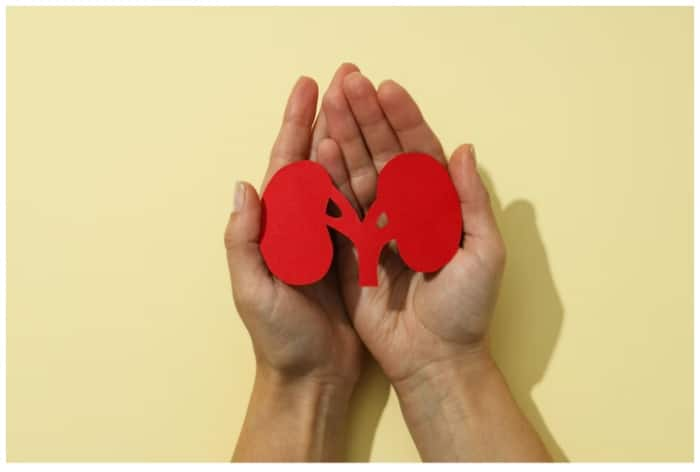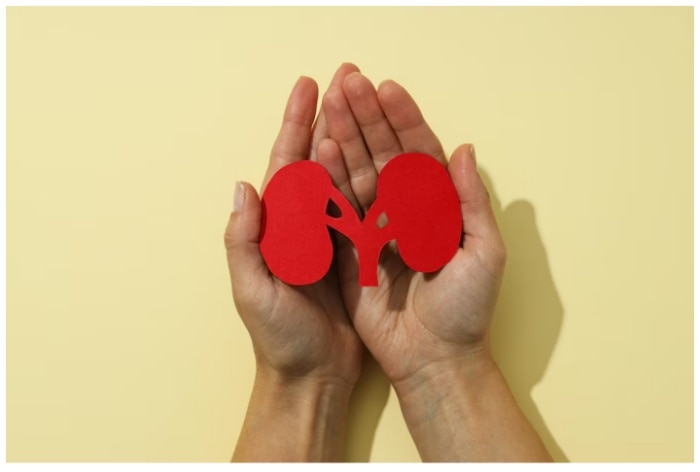Kidney is one of the most important organs that help with everyday functioning and diet can affect its functionality. Expert talks about how salt and sugar affect kidney and how to reduce it.

What we drink, what we eat everything affects the body in ways we sometimes fail to comprehend. The bean-shaped sacks in our body – kidneys- are one of the most important organs that are affected by the diet we consume. What we eat in a day affects our well-being and it plays a pivotal role in maintaining optimal functioning of kidneys. It helps in controlling blood pressure to balance all the minerals in our bodies. Speaking exclusively with India.com Dr. Prakash Chandra Shetty, Urologist at Dr LH Hiranandani Hospital, Powai, Mumbai, explained how diet primarily affects the functioning of kidneys.
Why too Much Salt and Sugar is Harmful For Kidneys?
Consuming too much salt, sugar and meat can put extra pressure on the kidneys, leading to conditions like high blood pressure and diabetes which can increase the risk of chronic kidney disease. On the other hand, eating plant-based diets like fruits, vegetables, whole grains, and whole grains provides lots of nutrients and also reduces the extra burden on kidneys. This type of diet lowers blood pressure, controls sugar levels, and makes your kidneys function stress-free.
Diet For Kidney Health
It’s important to keep track of sodium, sugar, and protein to keep your kidneys healthy. Also maintaining the balance of potassium and phosphorus levels is very important, especially for those who suffer from kidney disease.
Consuming natural foods instead of processed ones can help your kidneys stay healthy. Always check the nutrient label on food products to see if there’s too much salt or sugar hiding in what you are consuming. Also, make it a habit of consuming enough water. It helps clean toxins from our bodies and keeps our kidneys functioning well.
Kidney Diet For Different age Groups
Different age groups have different diet needs. For senior individuals, decreasing the intake of sodium can help avoid hypertension issues. People with CKD might need to consume less amount of protein to decrease the pressure on the functioning of the kidneys. Athletes need to consume plenty of water and an adequate amount of nutrient intake to support them during their tough workouts without putting too much burden on their kidneys.
Sometimes, the way we eat because of our culture, or not having enough fresh fruits and veggies around, or just our habits, can make it hard to stick to a diet that’s good for our kidneys. To fix this, we need to learn about different cultures and how they eat, make it easier for everyone to get fresh food, and find ways to help people change their habits so they can eat better for their kidneys.
Doctors, nutrition experts, and health workshops need to work more in the right direction to educate people about the well-being of their kidneys and how they should take care of them. When people are more aware of the consequences they can make smart choices about what they eat and how to live.
It is very important to pay attention to what we eat and how it affects our kidneys. If we choose healthy food, we can keep our kidneys safe, and lower the chances of developing kidney-related complications. We need to make sure everyone knows about this, so we should all focus on eating in a way that is more beneficial for our kidneys. In the future, we should do more research to find new ways of eating that help our kidneys, and we also need to work together to solve problems like not having enough good food for everyone. That way, we can all have healthier kidneys and be happier and healthier overall.

